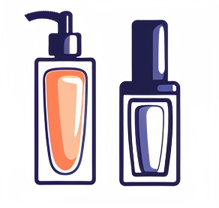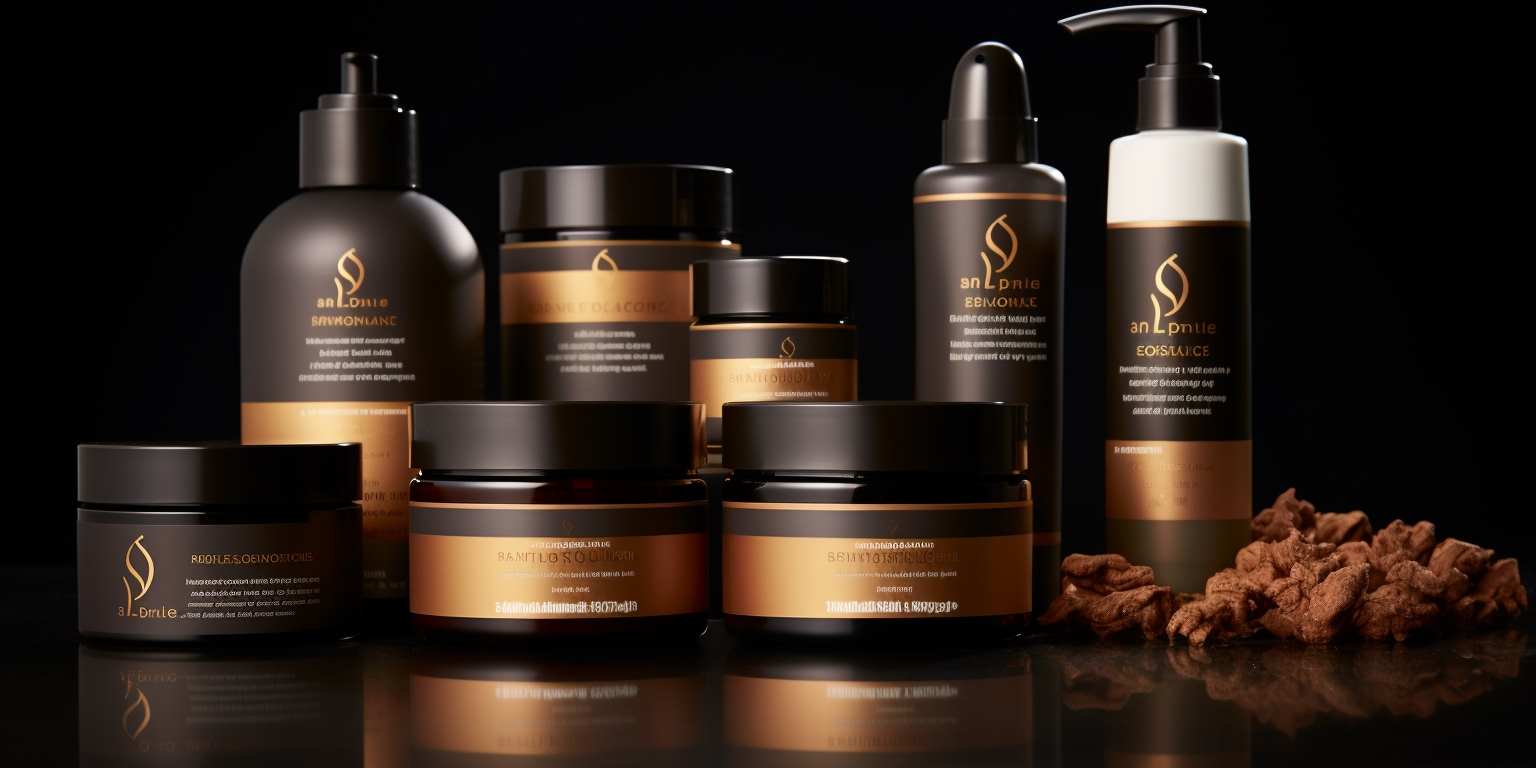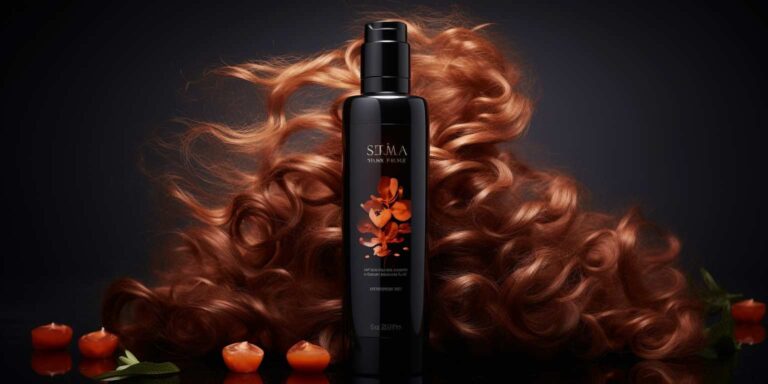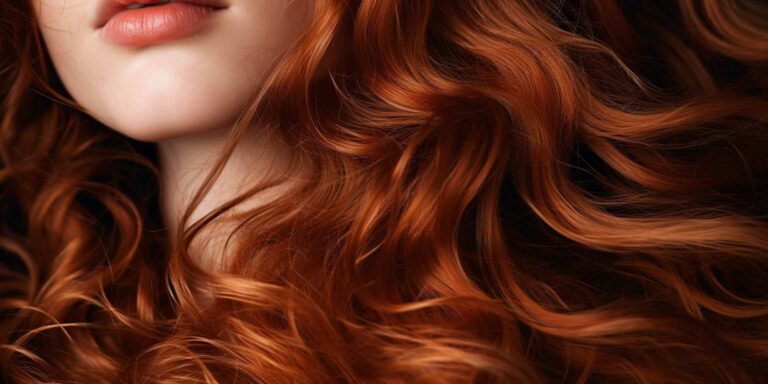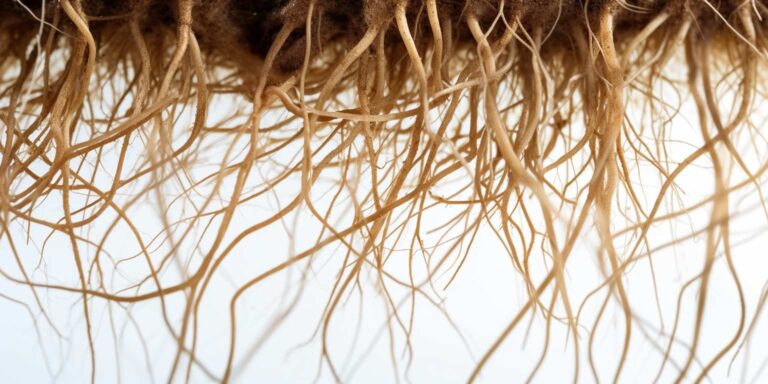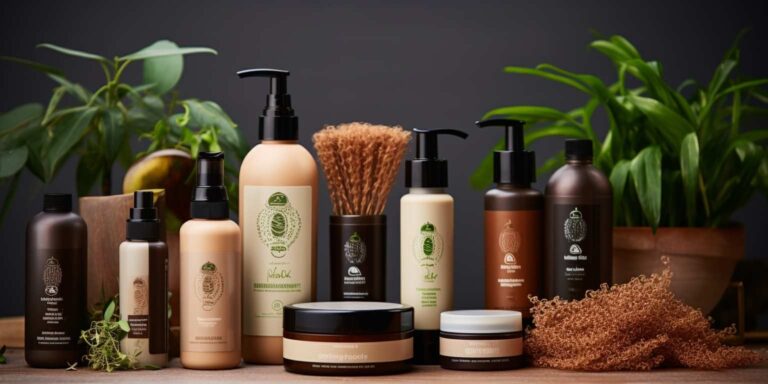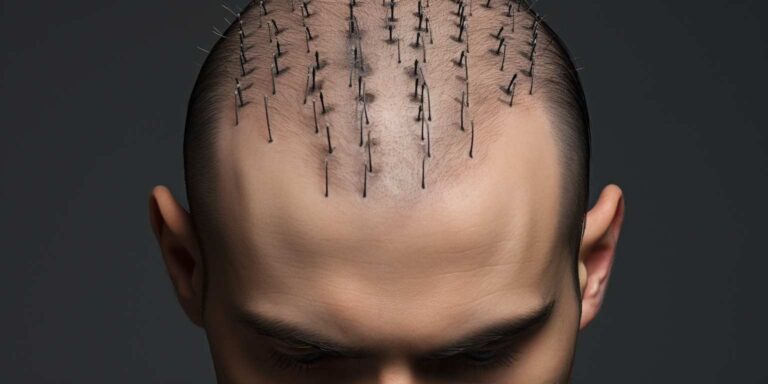Finding the best good shampoo for itchy scalp
First and foremost, it’s essential to understand what causes that incessant itch. A variety of factors can contribute to scalp irritation, including dryness, product buildup, allergies, and even skin conditions like eczema or psoriasis. Identifying the root cause can help narrow down your search for the perfect shampoo.
One crucial factor to consider when selecting a shampoo is its ingredients list. Look for gentle, moisturizing ingredients such as aloe vera, coconut oil, or tea tree oil, which can help soothe the scalp while providing much-needed hydration. Avoid harsh chemicals like sulfates and parabens, as these can exacerbate dryness and irritation.
For those with sensitive skin or allergies, opting for fragrance-free and hypoallergenic formulas can be a game-changer. These shampoos are designed to minimize the risk of irritation, making them ideal for individuals with reactive scalps.
Another consideration is the type of shampoo – liquid, solid, or medicated. Liquid shampoos are the most common and offer a wide range of options catering to different scalp concerns. Solid shampoos, often in the form of bars, are gaining popularity for their eco-friendly packaging and gentle formulas. Meanwhile, medicated shampoos contain active ingredients like salicylic acid or ketoconazole specifically formulated to target scalp conditions like dandruff or seborrheic dermatitis.
When experimenting with new shampoos, it’s essential to patch test first to ensure compatibility with your skin. Apply a small amount of the product to a discreet area of the scalp and monitor for any adverse reactions before using it more extensively.
Discover the benefits of soothing scalp care shampoo
Soothing Scalp Care Shampoo offers a plethora of benefits beyond just cleansing your hair. This specialized shampoo is designed to alleviate scalp irritation, reduce itching, and nourish the scalp and hair follicles, resulting in healthier and more manageable hair.
One of the key advantages of soothing scalp care shampoo is its ability to calm inflamed and irritated scalps. Whether you suffer from dandruff, psoriasis, or eczema, this shampoo contains gentle yet effective ingredients that help soothe itching and reduce redness.
Furthermore, soothing scalp care shampoo is often formulated with moisturizing agents such as aloe vera, coconut oil, or tea tree oil, which provide hydration to the scalp and prevent dryness. This helps restore the scalp’s natural moisture balance and promotes overall scalp health.
Another benefit of soothing scalp care shampoo is its ability to nourish the hair follicles. By delivering essential nutrients directly to the roots, this shampoo strengthens the hair shaft and promotes hair growth. Over time, you may notice thicker, fuller hair with improved texture and shine.
Moreover, soothing scalp care shampoo can be beneficial for those with sensitive skin or allergies. Many conventional shampoos contain harsh chemicals and fragrances that can exacerbate scalp issues. However, soothing scalp care formulas are often free from sulfates, parabens, and artificial fragrances, making them gentle and non-irritating.
For individuals struggling with scalp conditions such as seborrheic dermatitis or scalp acne, soothing scalp care shampoo can be a game-changer. Its anti-inflammatory and antibacterial properties help reduce flakiness and breakouts, while also maintaining a healthy scalp microbiome.
Why choose anti-dandruff nourishing shampoo
When it comes to battling those pesky white flakes on your scalp, choosing an anti-dandruff nourishing shampoo can be a game-changer. This specialized shampoo offers a dual-action approach, targeting both dandruff control and hair nourishment, providing you with a healthier scalp and more luscious locks.
One of the primary reasons to opt for anti-dandruff nourishing shampoo is its ability to eliminate dandruff flakes effectively. Unlike regular shampoos, which may only provide temporary relief, anti-dandruff formulations contain active ingredients such as zinc pyrithione, ketoconazole, or selenium sulfide, which specifically target the fungus responsible for dandruff. These ingredients work by reducing the overgrowth of Malassezia fungus on the scalp, which is a common cause of dandruff.
Moreover, anti-dandruff nourishing shampoo doesn’t just stop at fighting dandruff; it also provides essential nourishment to the hair and scalp. Many of these shampoos contain moisturizing agents such as aloe vera, coconut oil, or shea butter, which help to hydrate the scalp and hair follicles. This not only reduces dryness and itchiness associated with dandruff but also promotes overall hair health and vitality.
Furthermore, anti-dandruff nourishing shampoo often contains vitamins and antioxidants that strengthen the hair shaft and stimulate hair growth. Ingredients like vitamin E, B vitamins, and niacinamide work to repair damage caused by dandruff while promoting a healthier scalp environment conducive to hair growth.
Another advantage of anti-dandruff nourishing shampoo is its gentle yet effective formulation. Contrary to popular belief, these shampoos are gentle enough for regular use, making them suitable for individuals with sensitive scalps. Additionally, they often come in pleasant fragrances that leave your hair smelling fresh and clean.
The importance of regular scalp hygiene
Regular scalp hygiene is crucial for maintaining a healthy scalp and promoting overall hair health. The scalp, like the skin on the rest of the body, is prone to a buildup of dirt, oil, and dead skin cells. This buildup can lead to various issues such as dandruff, itching, and even hair loss. By regularly cleansing the scalp, you can remove these impurities and ensure that your hair follicles remain clear and healthy.
One of the key reasons why scalp hygiene is important is its impact on hair growth. A clean scalp allows for better oxygenation and nutrient delivery to the hair follicles, which are essential for healthy hair growth. When the scalp is clogged with dirt and oil, it can suffocate the hair follicles, leading to stunted growth and even hair loss.
Moreover, regular scalp hygiene can help prevent and manage dandruff. Dandruff is often caused by a fungus called Malassezia, which thrives in oily environments. By keeping the scalp clean and free of excess oil, you can reduce the risk of dandruff and alleviate its symptoms.
Scalp hygiene is also important for maintaining the overall health of the scalp. A clean scalp is less likely to become irritated or inflamed, which can lead to conditions such as scalp acne or folliculitis. By regularly cleansing the scalp, you can reduce the risk of these issues and keep your scalp healthy and comfortable.
How to identify signs of scalp irritation
Identifying signs of scalp irritation is crucial for maintaining healthy hair and preventing discomfort. Scalp irritation can manifest in various ways, ranging from mild itching to severe inflammation. Here are some key indicators to watch for:
- Itching: Persistent itching on the scalp can be a sign of irritation. It may feel like a tingling sensation or a constant urge to scratch.
- Redness: Inflamed skin on the scalp often appears red or flushed. This redness may be localized or spread across the scalp.
- Flaking: Flakes or dandruff-like particles may be visible on the scalp, indicating dryness or irritation. These flakes can vary in size and texture.
- Soreness: Tender spots or soreness when touching the scalp can indicate underlying irritation or inflammation. This discomfort may worsen with certain hair care routines.
- Burning Sensation: Some individuals may experience a burning or stinging sensation on the scalp, particularly after using certain hair products or exposure to irritants.
It’s important to identify the cause of scalp irritation to effectively address the issue. Common causes include:
| Product Sensitivity: | Some hair care products contain harsh chemicals or fragrances that can irritate the scalp. Look for products labeled as hypoallergenic or designed for sensitive skin. |
| Dry Scalp: | Dry scalp can lead to itching, flaking, and irritation. Using a moisturizing shampoo and conditioner can help alleviate symptoms. |
| Seborrheic Dermatitis: | This common skin condition causes redness, itching, and flaking on the scalp. It may require specialized treatment, such as medicated shampoos or topical ointments. |
| Environmental Factors: | Exposure to harsh weather conditions, pollution, or extreme temperatures can irritate the scalp. Protecting the scalp with hats or scarves can help minimize irritation. |
| Underlying Skin Conditions: | Conditions such as psoriasis or eczema can affect the scalp, leading to inflammation and discomfort. Consult a dermatologist for proper diagnosis and treatment. |
Natural ingredients that soothe the scalp
Many individuals struggle with various scalp issues that can lead to discomfort and even impact the health of their hair. The good news is that there are numerous natural ingredients known for their soothing properties, offering a holistic approach to scalp care. These ingredients not only provide relief but also promote a healthier scalp environment.
Aloe Vera: One of nature’s wonders, aloe vera is celebrated for its soothing and moisturizing properties. Rich in vitamins, minerals, and enzymes, it helps reduce scalp irritation and redness. Applying aloe vera gel directly to the scalp can bring about a calming effect, making it an excellent choice for those with sensitive skin.
Tea Tree Oil: Recognized for its antimicrobial and anti-inflammatory properties, tea tree oil is a popular remedy for various scalp issues. It can help soothe itching and reduce dandruff. Mixing a few drops of tea tree oil with a carrier oil and massaging it into the scalp provides a refreshing and calming sensation.
Chamomile: Known for its gentle and calming nature, chamomile can be beneficial for an irritated scalp. It has anti-inflammatory properties that can ease discomfort. Using a chamomile-infused shampoo or applying a cooled chamomile tea rinse to the scalp can offer relief.
Coconut Oil: A versatile remedy, coconut oil is rich in fatty acids with moisturizing and antimicrobial properties. It can help combat dryness and soothe an itchy scalp. Applying coconut oil to the scalp and leaving it on for some time before washing can bring about positive results.
Peppermint: The invigorating scent of peppermint is not just refreshing but also beneficial for the scalp. It has antimicrobial properties that can help reduce scalp irritation. Using a peppermint-infused shampoo or diluting peppermint oil with a carrier oil for a scalp massage can provide a cooling sensation.
Jojoba Oil: Mimicking the natural oils produced by the scalp, jojoba oil is an excellent moisturizer. It can help balance oil production and soothe a dry scalp. Applying a few drops of jojoba oil directly to the scalp or choosing hair products containing this ingredient can contribute to scalp health.
Witch Hazel: With astringent and anti-inflammatory properties, witch hazel can be effective in soothing an irritated scalp. It helps reduce inflammation and itching. Mixing witch hazel with water and applying it to the scalp using a cotton ball can be a simple yet effective remedy.
Green Tea: Rich in antioxidants, green tea can promote a healthy scalp. It has anti-inflammatory properties that can alleviate irritation. Using a green tea rinse after shampooing or incorporating green tea extract into hair care products can contribute to scalp comfort.
Tips for maintaining a healthy scalp and hair
Tips for maintaining a healthy scalp and hair:
Having a healthy scalp is crucial for maintaining beautiful and strong hair. Here are some tips to ensure your scalp and hair stay in top condition:
| Tip | Description |
|---|---|
| 1. Regularly Cleanse | Keeping your scalp clean is essential for preventing buildup of oil, dirt, and product residue. Use a mild shampoo and conditioner suitable for your hair type. |
| 2. Massage Your Scalp | Gently massaging your scalp stimulates blood flow, promoting hair growth and distributing natural oils evenly. |
| 3. Hydrate | Drink plenty of water to keep your body and scalp hydrated. Dehydration can lead to dry scalp and brittle hair. |
| 4. Balanced Diet | Eat a nutrient-rich diet that includes protein, vitamins, and minerals to support hair health from within. |
| 5. Protect from Heat | Avoid excessive heat styling tools such as flat irons and curling wands, as they can damage hair and scalp. |
Additionally, it’s important to limit the use of chemical treatments such as hair dye and perms, as they can cause scalp irritation and hair damage. Protect your hair from harsh environmental factors like sun exposure and pollution by wearing hats or scarves when outdoors.
